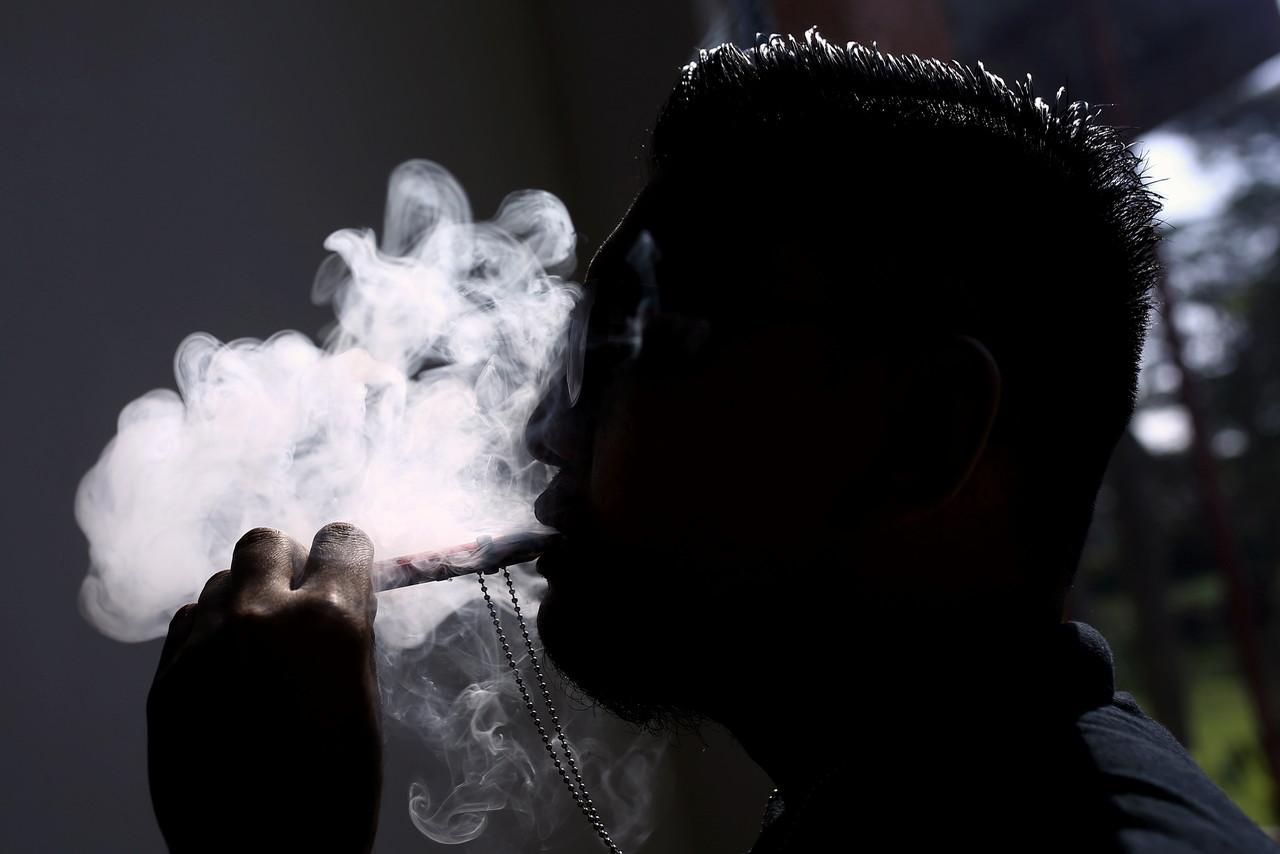Is Malaysia becoming a ‘nanny state’?
At what stage should the state intervene when it comes to the health of individuals?
Just In
Recently, Health Minister Khairy Jamaluddin said the government will table a law to ban the sale of cigarettes to those born from 2005 onwards. The intention is to protect future generations from the harmful effects of smoking.
This proposal is a slippery slope. Today, the government’s plan is to ban the sale of cigarettes. In the future, will this be extended to other “harmful” products like liquor, junk food, fast food and carbonated drinks with high sugar content?
At what stage should the state intervene when it comes to the health of individuals? Will there be a mandate next on how many calories a person should burn each week based on his or her body mass index? Is Malaysia going to be a nanny state?
Don’t get me wrong. I am all for curbing the harmful effects of smoking. And thanks to concerted campaigns over the decades, almost all Malaysians now know about the health hazards smoking poses.
Most, if not all smokers are aware of the trade-off between instant gratification and the long-term effects the habit potentially has on their health. But for now, the government deems it unnecessary to outright ban the sales of cigarettes, including electronic ones.
Then, I see no reason why smokers should not be given a choice to decide where along the long-term health risks spectrum they are comfortable with staying. It’s just like how some health buffs exercise regularly and eat healthily while others prefer to stay glued to Netflix for hours a day while downing fast food. Each group will reap its respective returns while making trade-offs, with no intervention by the state. The same should apply to cigarettes, including the electronic kind.
There are also downsides to the generational ban on smoking. Banning the item will only make it more alluring. Remember the adage, “what you resist, persists”. This in turn creates a black market where the government stands to lose billions in tax revenue.
And as we know, Malaysia is notorious for coming up with the most well-intended policies, but failing miserably in execution. This could be the case in Khairy’s plans. By the time the ban is total, he would have long since retired from politics, with a long list of successors in the ministry.
Let’s be practical and resort to science-based approaches in mitigating the harmful effects of smoking. In the UK, e-cigarettes are used to help smokers kick the habit. These include regulated vaping content or heated tobacco. They are by no means harm-free, but are definitely far less dangerous than conventional cigarettes.
In conclusion, the health ministry should look at evidence-based, harm reduction alternatives to mitigate the harmful effects of smoking. There’s no need to play nanny to adults as this will only worsen the problem.
The views expressed in this article are those of the author(s) and do not necessarily reflect the position of MalaysiaNow.
Subscribe to our newsletter
To be updated with all the latest news and analyses daily.
